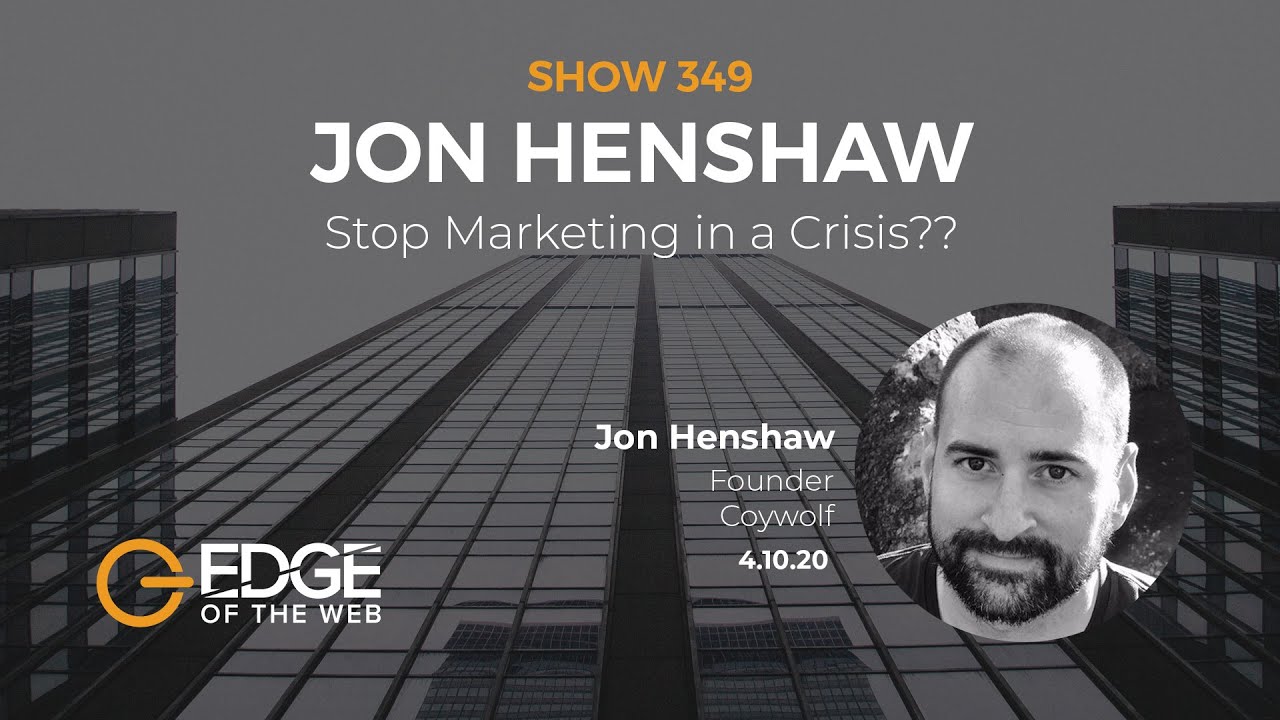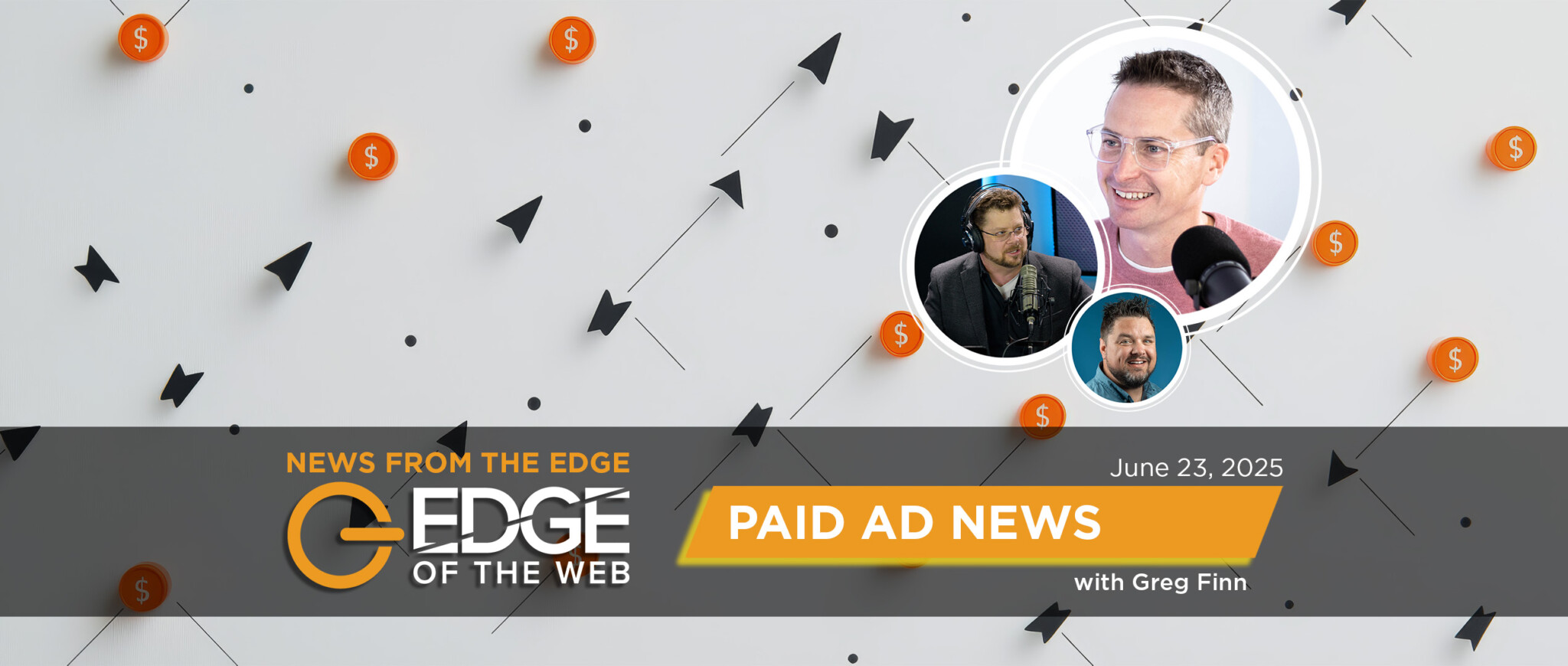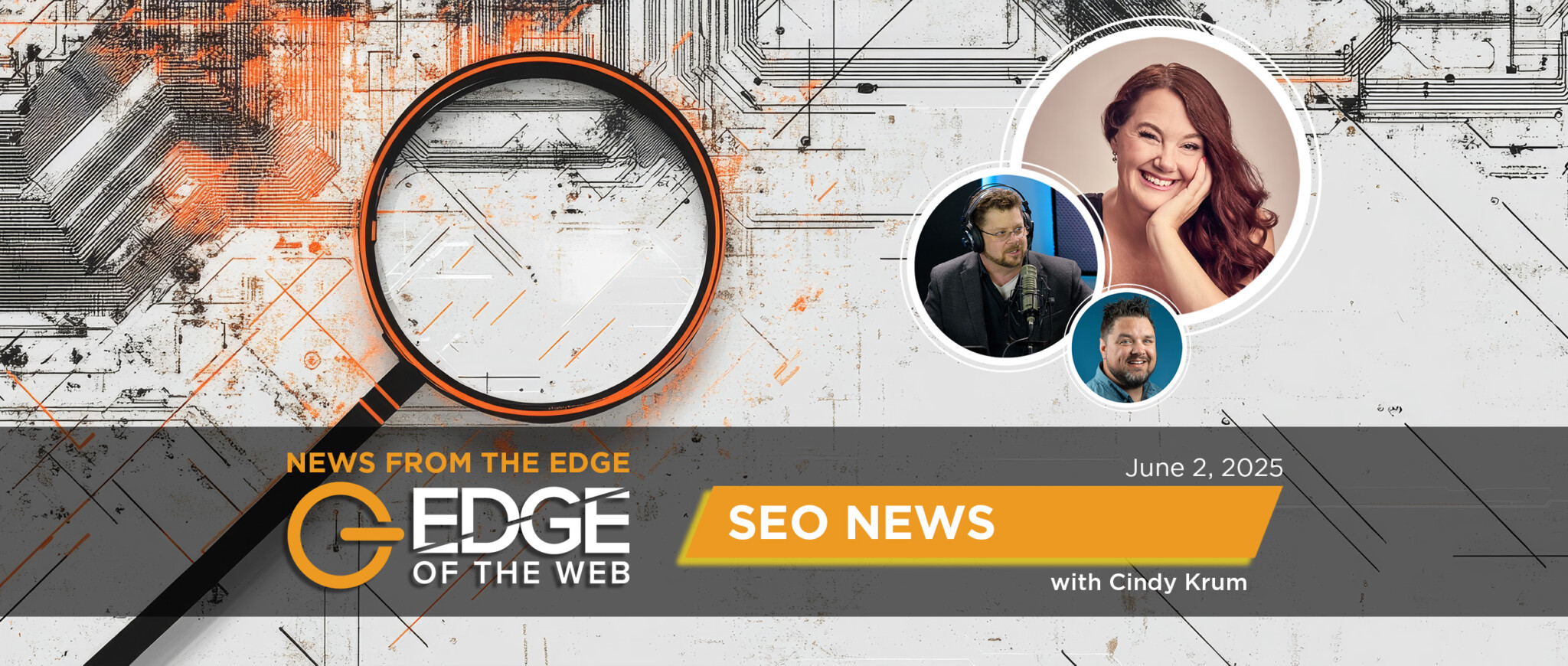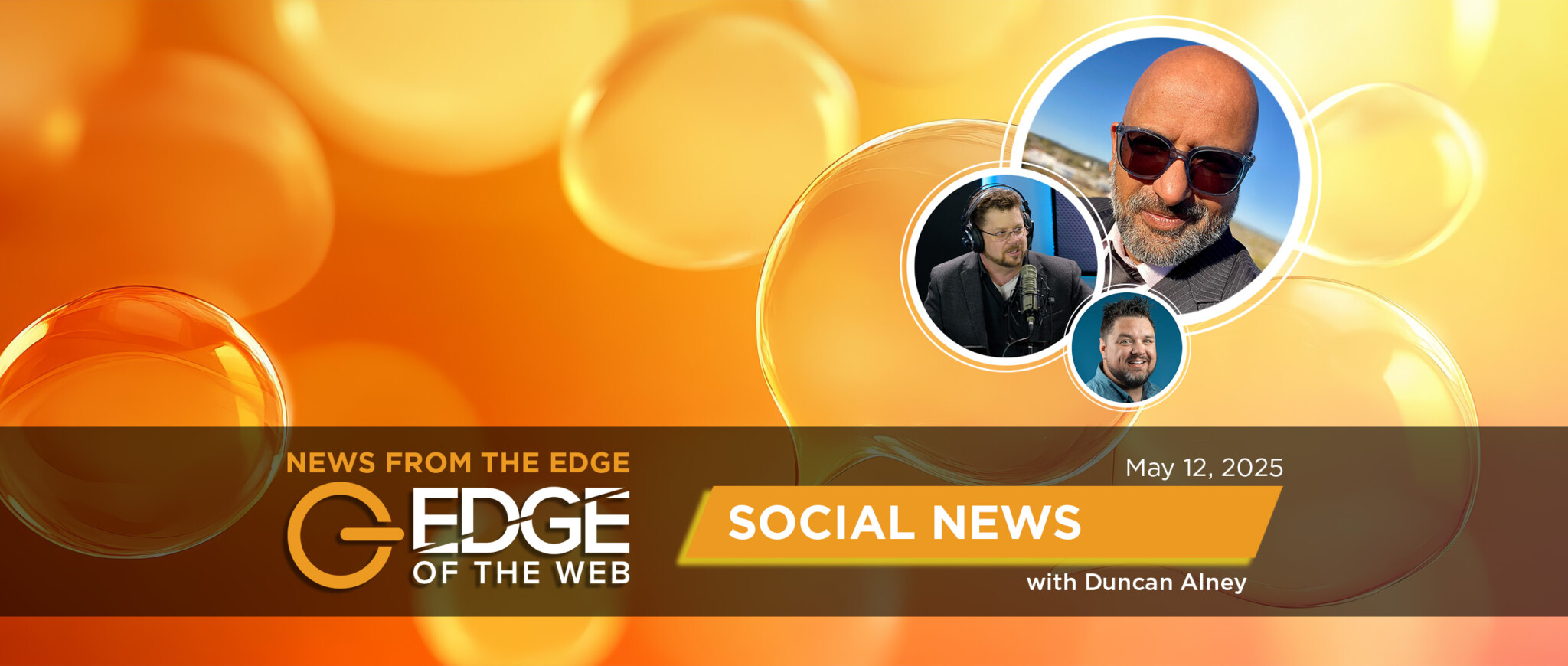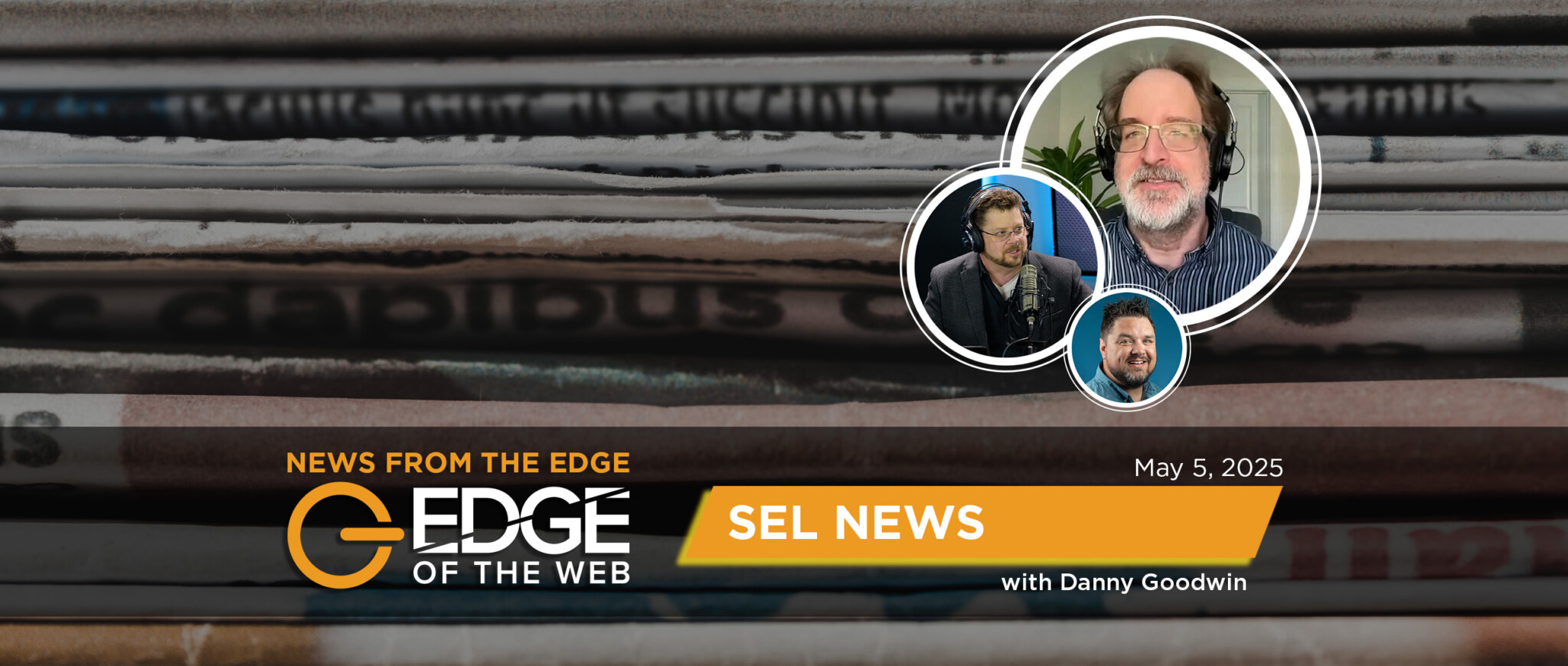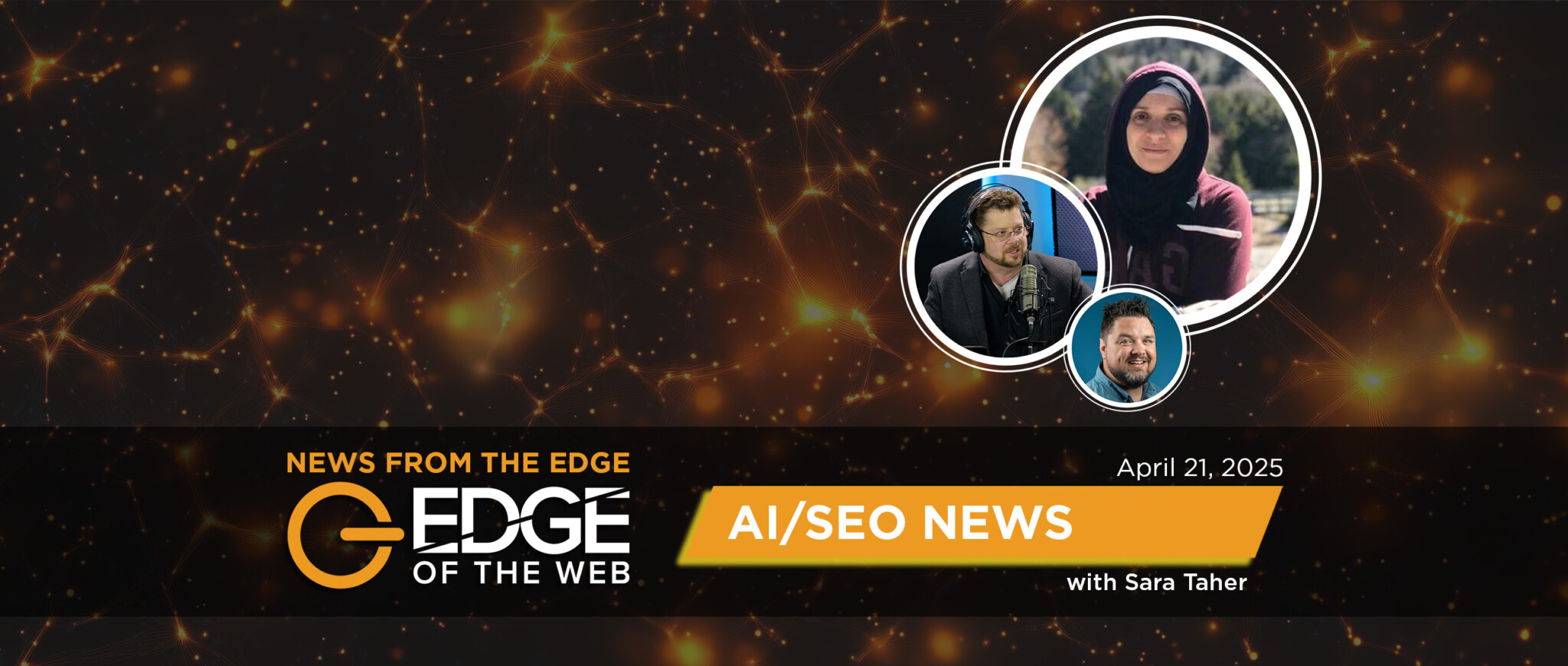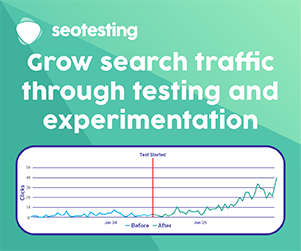Every time EDGE host Erin Sparks (Site Strategics CEO) and Creative Studio Producer Jacob Mann produce a new episode of the EDGE of the Web podcast, they also put together a bonus news segment about trending digital marketing headlines. The latest features special guest Jon Henshaw, founder of Coywolf, a site that publishes webmaster resources and digital marketing insights about SEO, social, content, productivity, and entrepreneurship. Here’s the news roundup from Episode 349 of the award-winning EDGE of the Web podcast:
Yelp lays off 1,000 employees and furloughs 1,100 more
From Romain Dillet on TechCrunch we learn that Yelp lays off 1,000 employees and furloughs 1,100 more. Yelp co-founder and CEO Jeremy Stoppelman announced in an internal email that the company is going through difficult times. Yelp has to cut expenses, which means a large round of layoffs and some additional measures — 1,000 employees have been laid off. In addition to layoffs, another 1,100 employees are now on furlough. Those employees are considered on unpaid leave until further notice (with some exceptions) — they will receive two weeks of additional pay and retain their benefits.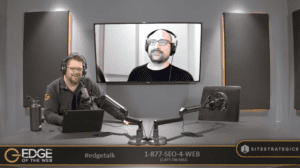
- Erin Sparks: That’s a workforce reduction of 17%, which feels like par for the course in this current crisis.
- Jon Henshaw: This is a kind of domino effect I’m seeing not just with local businesses like restaurants, but also businesses related to events. A friend of mine in Nashville who is a senior-level software engineer at Eventbrite was just laid off because all event have been canceled, so there’s just no revenue coming in. This is especially surprising because you have to hang on to your developers to keep things running!
- Erin Sparks: Right, and for Yelp, which is all about recommendations for local businesses, fewer eyeballs means shrinking ad revenue, so it makes sense. People just aren’t going out so they aren’t using Yelp’s service. But that’s kind of hopeful in a way because it’s a local reaction to local shutdown, not a failure of the whole financial system like in 2008.
- Jon Henshaw: Yes, and the impacts on businesses vary widely by industry. Take Zoom, for example, which has obviously seen an incredibly huge growth in usage, but the local business scene is drowning. Google had announced its big changes to the Google Partner program and just said they’d put off implementation now until 2021. After all, you have to figure a lot of businesses think they can’t even afford paid ads right now. I’m surprised we haven’t storied about the impact of the crisis on Google’s revenues. It must be down a lot. At the core, Google is an ad company.
- Erin Sparks: Plus they were getting so much backlash from people unhappy about those changes. That probably made it even easier to push back implementation.
SEO will be a primary focus for marketers during the downturn, says survey
According to Greg Sterling on Search Engine Land, SEO will be a primary focus for marketers during the downturn, says survey. Respondents said SEO was their top performing channel last year and is more likely to be maintained going forward. A new survey validates the importance of maintaining your SEO efforts through the coming downturn. The survey, by Conductor, had 317 respondents drawn from Conductor’s extended network across a range of industries, including B2B (24%), Retail (12%), Healthcare (11%), Media (10%) and others (travel and hospitality, consumer technology, financial services, insurance, automotive, e-commerce and manufacturing).
- Erin Sparks: I was surprised to see how many respondents said their budgets were staying the same or only decreasing slightly and that only 20% said budgets were being decreased greatly, but 317 respondents is a pretty small pool of data too.
- Jon Henshaw: If the data holds, then it really just illustrates the ongoing unfolding realization that investing in SEO works and has value. So many companies natural gravitate towards paid ads because they understand it more and see the immediate impact and track results. SEO is less visible in those ways.
- Erin Sparks: Yes, SEO isn’t the shiniest piece of digital marketing execution, but it’s that constant support that raises the tide. The data reflect the permanence of SEO and the value of focusing on producing rich, authoritative content.
Google Launches a Series of Blog Posts Highlighting the Value of SEO
On Search Engine Journal, Matt Southern reports Google Launches a Series of Blog Posts Highlighting the Value of SEO. Google has published the first in what will be a series of blog posts dedicated to SEO case studies. The aim of this series is to share success stories that demonstrate the value of SEO. Google says the intended audience for these case studies are people who may need some extra convincing that SEO is a good investment.
- Erin Sparks: Case studies that show the value of SEO. Great news for SEOs, right?
- Jon Henshaw: This is the most bizarre thing. You’ve got an ad company (Google) who must be taking a hit from people not buying as many ads during the pandemic, and who has recently made ads look as much like organic results as possible, layered onto the ongoing antagonistic symbiotic “frenemy” relationship between SEOs who constantly find ways to game the system and Google that then has to find ways to improve its algorithms to thwart those tactics, and now a series of blog articles from Google singing the praises of SEO within the context of antagonism between Google and SEO. It’s just bizarre. And then it gets even murkier when you think about who is being featured in the case studies and what SEO services where purchased/used. How were they selected? Is this some kind of tacit approval or suggestion in the SEO marketplace? Is that even fair? It seems very problematic in that way.
- Erin Sparks: Yes, it does seem bizarre when you look at it from those angles. These are strange times indeed.
- Jon Henshaw: And one other angle to consider is that in part, if SEO is about creating good content, then that’s good for Google maintaining and growing its user base because there’s more good content for Google to search and index. That’s the more positive take on the symbiotic relationship between Google and SEO and why they would want to promote good SEO.
Connect with Jon Henshaw and Coywolf
Twitter: @henshaw (https://twitter.com/henshaw)
LinkedIn: https://www.linkedin.com/in/jonhenshaw
Mastodon: @Jon (https://henshaw.social/@jon)
Website: https://coywolf.pro
Coywolf blog: https://coywolf.blog
Who’s Got Your Digital Marketing News? The EDGE Newsletter
Get the latest digital marketing news with insightful analysis delivered directly to your inbox! Go to EDGEofthewebradio.com and you’ll see the subscribe box at the very top of the page. It’s free-of-charge, and we will never use your email for anything except sending you the newsletter. You can also sign up by texting the word “EDGETalk” to 22828, but not while you’re driving! Enjoy these digital nuggets of gold from the EDGE – your source for digital marketing news.



